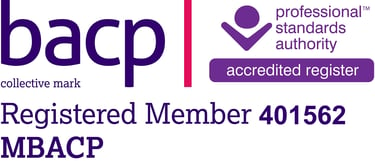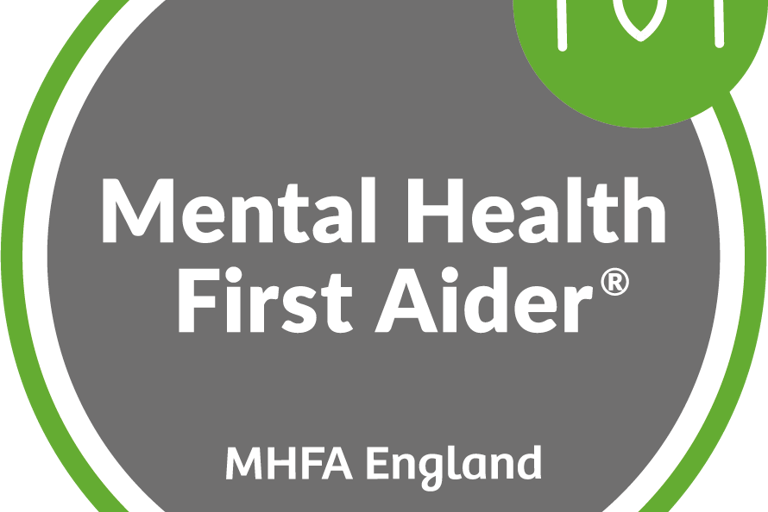Facing the Whole Truth: Embracing Reality for a Manageable Life
3/23/20244 min read


When we face the reality head-on, we open ourselves up to a world of possibilities. We become aware of our strengths and weaknesses, our passions and fears, and we can use this self-awareness to make informed decisions and take purposeful action. By acknowledging the full spectrum of our experiences, we can better understand ourselves and others, fostering empathy and compassion.
Moreover, facing the reality allows us to confront our fears and overcome them. It is often said that the only way out is through, and this holds true when it comes to confronting our fears. By acknowledging and accepting our fears, we can begin to work through them, gradually building the courage and resilience necessary to overcome them. This process of facing our fears can be challenging and uncomfortable, but it is ultimately rewarding and empowering.
Another benefit of facing the reality is that it helps us to develop a sense of clarity and purpose. When we are honest with ourselves about our strengths, weaknesses, and desires, we can align our actions and decisions with our values and goals. This alignment brings a sense of fulfillment and satisfaction, as we are living in alignment with our true selves.
Additionally, facing the reality allows us to cultivate gratitude for the present moment. When we acknowledge both the good and the bad, we can appreciate the beauty and joy that exists alongside the challenges. Gratitude has been shown to improve mental and emotional well-being, as it shifts our focus from what is lacking to what is abundant in our lives.
In conclusion, facing the reality is an essential aspect of living a fulfilling and meaningful life. It requires courage, vulnerability, and a willingness to embrace the full range of human experiences. By acknowledging both the positive and negative aspects of life, we can grow, learn, and thrive. So let us embrace the reality, for it is through facing it that we can truly live.
When we embrace the whole picture, we not only gain a deeper understanding of ourselves, but we also develop a greater appreciation for the interconnectedness of all things. We begin to see how our actions and choices ripple out into the world, affecting not only ourselves but also those around us.
Embracing the whole picture requires us to let go of our need for control and certainty. It requires us to be open to the unknown and to embrace the inherent unpredictability of life. This can be challenging, as human beings naturally crave stability and security. However, when we resist the urge to cling to what is familiar and comfortable, we create space for growth and transformation.
Furthermore, embracing the whole picture allows us to cultivate compassion and empathy for others. When we acknowledge the positive and negative aspects of our own reality, we become more attuned to the complexities of the human experience. We recognize that everyone has their own struggles and challenges, and we develop a greater capacity for understanding and acceptance.
Ultimately, embracing the whole picture is a lifelong journey. It requires ongoing self-reflection and a willingness to confront our own biases and limitations. It requires us to be open to new perspectives and to constantly question our own assumptions. But in doing so, we can lead more authentic and fulfilling lives, and contribute to a more compassionate and interconnected world.
Taking the First Step
Breaking through the denial and facing the whole truth can be a challenging and uncomfortable process. It requires courage and a willingness to confront our fears and insecurities. However, it is a necessary step towards creating a more manageable life.
One way to begin this process is by allowing ourselves to face the facts. This means objectively assessing our situation, without judgment or self-criticism. It means looking at the evidence and accepting the truth, even if it contradicts our beliefs or desires.
Another important step is to confront our emotions and reactions. Often, our denial is fueled by fear or discomfort. We may be afraid of what we will discover if we face the whole truth, or we may be resistant to change. By acknowledging and processing these emotions, we can begin to move past them and take the necessary steps towards managing our lives more effectively.
Seeking support from others can also be helpful during this process. Whether it is through therapy, coaching, or simply talking to a trusted friend or family member, having someone to provide guidance and encouragement can make a significant difference. They can offer a different perspective and help us navigate through the challenges that arise when facing the whole truth.
Additionally, engaging in self-reflection can aid in the process of facing the whole truth. Taking the time to explore our thoughts, beliefs, and values can help us gain a deeper understanding of ourselves and our motivations. Through introspection, we can uncover any patterns or behaviors that may be contributing to our denial and resistance to facing the truth.
Furthermore, it is important to create a safe and supportive environment for ourselves during this journey. Surrounding ourselves with people who are understanding, non-judgmental, and empathetic can provide the emotional support we need to confront difficult truths. Additionally, engaging in self-care activities such as exercise, meditation, or journaling can help us manage any emotional distress that may arise.
Ultimately, taking the first step towards facing the whole truth requires a commitment to personal growth and a willingness to embrace discomfort. It is not an easy process, but it is one that can lead to a more authentic and fulfilling life. By confronting our denial, acknowledging our emotions, seeking support, engaging in self-reflection, and creating a supportive environment, we can begin to break free from the constraints of denial and start living a life guided by truth and authenticity.






